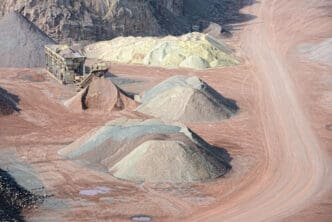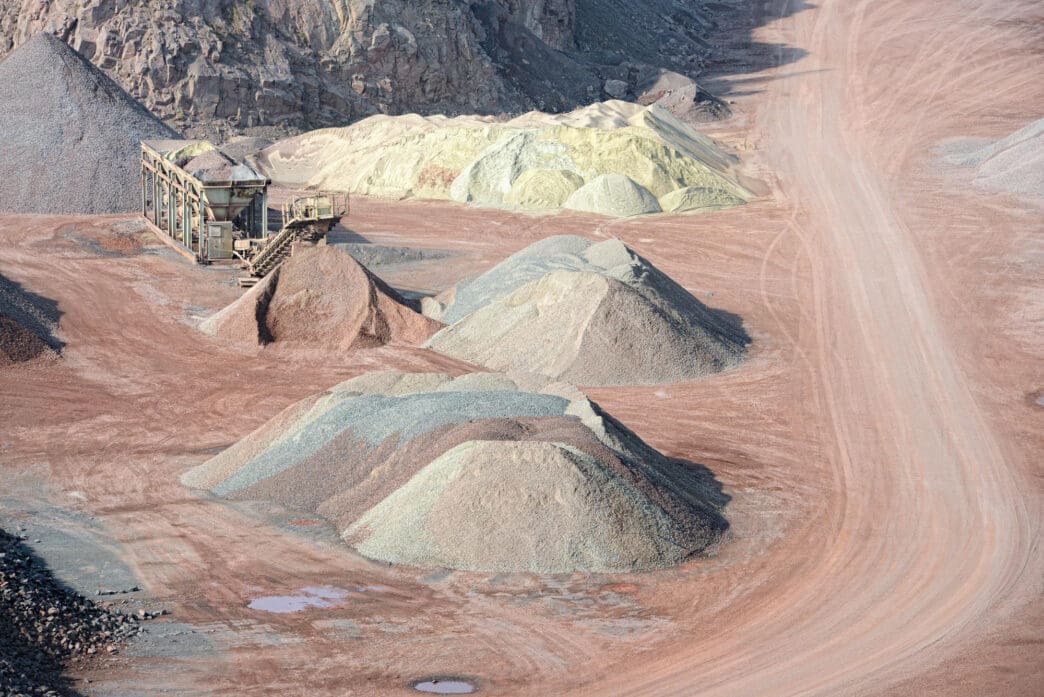Executive Summary
The Story So Far
Why This Matters
Who Thinks What?
Australia is reportedly exploring a strategy to sell stakes in its nascent strategic critical minerals reserve to allied nations, including Britain, as Western countries seek to reduce their dependence on China for essential rare earths and minor metals. This initiative aims to secure supply chains for vital technologies used in clean energy, semiconductors, and defense, with the reserve expected to be operational by the second half of 2026.
Strategic Mineral Reserves and Global Dynamics
The proposed share sale would involve allied nations providing cash investments and guaranteeing specific uptake amounts in exchange for a percentage of the critical metals held in Australia’s reserve. While discussions have occurred, particularly with Britain, no final details have been formalized.
This strategy was first presented at a G7 technical meeting on critical raw materials in Chicago earlier in September. More advanced discussions have since taken place with Britain, which has expressed keen interest due to its limited domestic mineral reserves, despite holding some tin, tungsten, and lithium.
A UK government spokesperson confirmed efforts to reinforce supply chains through a new Critical Minerals Strategy but declined specific comment on the share offer. Previously, in July, a joint statement between Australia and the UK noted that Britain’s export credit agency, UKEF, had £5 billion ($6.72 billion) available for Australian projects, with an agreement for Britain to be consulted on the design and implementation of Australia’s Critical Minerals Strategic Reserve.
Addressing China’s Market Influence
The move comes amid increasing geopolitical tensions and China’s use of export restrictions on critical minerals like germanium, gallium, and rare earths, which have impacted global supply chains, including for U.S. and European automakers. Australian Prime Minister Anthony Albanese recently discussed critical minerals with his UK and Canadian counterparts during an official visit to the United Kingdom.
Prime Minister Albanese stated that Australia’s position in building a reserve would allow it to play a role in international markets that would “stop manipulation, particularly by state enterprises,” a clear reference to China’s significant influence. He emphasized that the goal is to maximize returns for Australia while ensuring its role in global markets, rather than simply “giving anything to anyone, even our friends.”
Other allied nations, including the United States and France, have also shown interest. France is reportedly eager to send a delegation to Australia to discuss rare earth supplies, though these plans are currently on hold due to a caretaker government.
Funding and Future Outlook
Australia has allocated A$1.2 billion ($793 million) from its federal budget to develop the critical minerals strategic reserve. This funding underscores the nation’s ambition to become a pivotal player in global mineral markets, leveraging its extensive resources, which Prime Minister Albanese noted include “almost the entire periodic table,” from lithium and cobalt to copper and vanadium.
The initiative also seeks to counter practices like China’s over-investment in certain metal supplies, such as nickel in Indonesia, which has led to price drops and negatively impacted industries in other jurisdictions like Australia and New Caledonia.








